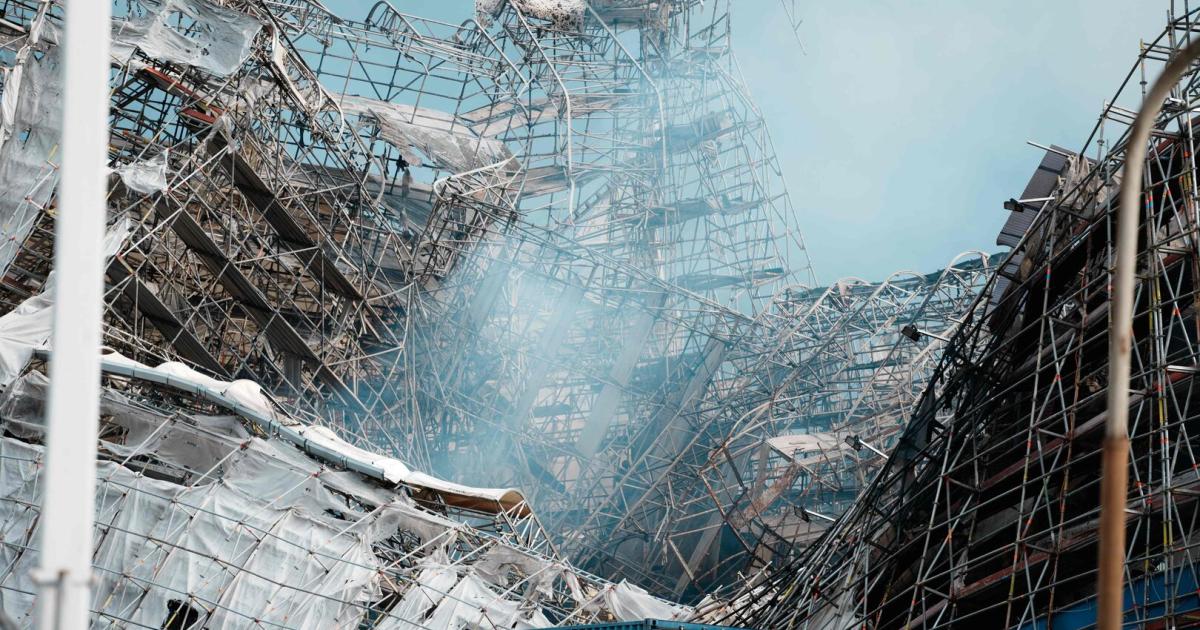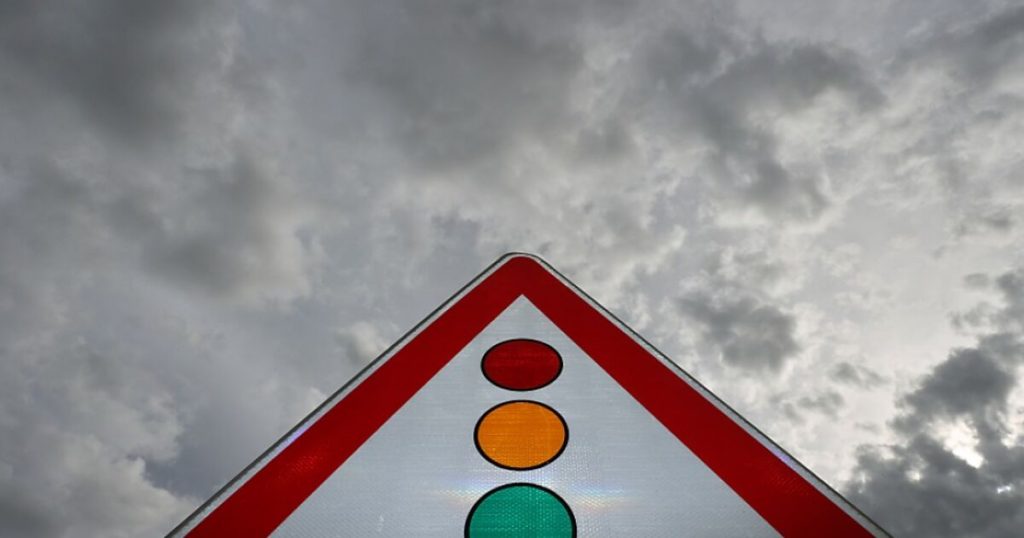Negotiations to form Germany’s first traffic light coalition are not progressing as quickly as had been hoped for by the SPD, the Greens and the Free Democratic Party. According to negotiators, the three parties decided not to publish another detailed timetable on Thursday after an interim review of negotiations in the 22 working groups. “We are currently seeing very little progress on the substance of the content,” Greens Federal Director Michael Kellner said.
On the other hand, the SPD and the FDP said they wanted to stick to the plan that all working groups should finish their deliberations by 6 pm next Wednesday. It remains unclear when the main negotiating group will meet, as has been said in FDP circles. Reuters had already reported on Wednesday that there were initial dissonances between the parties as well as tensions, for example within the Green Party, over the course of climate protection.
Several negotiators indicated that more detailed discussions would arrive at difficult points, some of which cannot be resolved yet. You may not be able to submit an agreement by November 10th. This has affected areas as diverse as climate protection, finance, dealing with Poland or nuclear engagement. The representatives of the three parties, together with the other parties, saw responsibility for this. Reuters has learned from negotiating circles that the differences are not only felt between the Green Party and the FDP, as might be expected. There are also problems with the SPD in a number of places because, unlike the New Beginnings rhetoric, it argues in a “structurally conservative” way. In the case of the SPD negotiators, it is sometimes noted that the Green Party and the Free Democratic Party belong to the opposition.
According to information from all three parties, the Greens are also in a tight spot internally when it comes to climate protection. On Wednesday, officials from the Green Party acknowledged that there had been unrest in their ranks. The reason is passages from the exploratory paper that were jointly agreed upon. Critics said this made ambitious climate protection more difficult, particularly in the transportation sector. Representatives of the SPD and FDP said that the Green Party’s negotiators wanted to change the wording in the exploratory paper. This led to the other side also threatening to make changes to other clips. At the heart of the debate are the sentences relating to the current climate protection law. This is interpreted as a weakening of the regulations currently in force.
The 22 working groups of nearly 300 participants stopped on Wednesday for evaluation. Traffic light parties have set a tight schedule and want SPD politician Olaf Schulz to be elected as Germany’s new chancellor in the week of December 6. To do so, however, they will have to finish negotiations in the second half of November so that party committees or special caucuses can agree to a coalition agreement in time. Despite the differences, all of those questioned on Thursday confirmed they were still counting on an agreement. It has been said in FDP circles that “so far everything is normal”.
According to the research institute DIW, the “super consumption” planned by traffic lights parties could secure more investment for businesses, but also create deep budget holes. If the amortization period for investments is shortened from ten years to four years, the government deficit will rise by as much as 40 billion euros annually.

“Food practitioner. Bacon guru. Infuriatingly humble zombie enthusiast. Total student.”







More Stories
The facade of the historic stock exchange in Copenhagen has collapsed
Dubai Airport resumes operations after floods
The new Archbishop of Florence, retired Cardinal Bettori